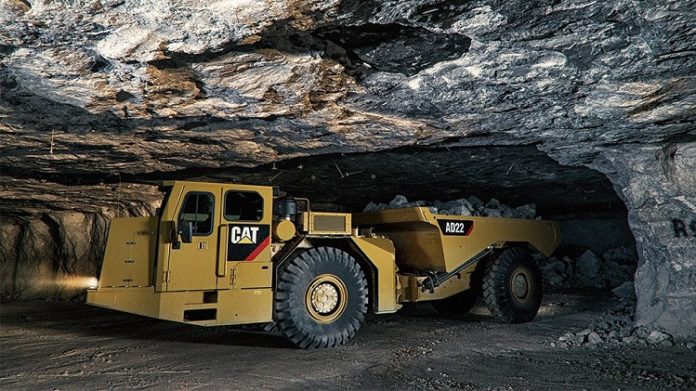In pursuit of sustainable development driven by high exports, local manufacturers and businesses must tap into lucrative markets available in neighbouring countries.
Zimbabwe’s strategic position as Zambia’s neighbour offers immense opportunities for local exporters to boost their business.
A recent market survey conducted by ZimTrade — the national trade development and promotion organisation — in May 2019 revealed that there are opportunities for local businesses to tap into the growing market in Zambia’s mining sector.
Apart from the promising mining sector, Zambia is strategically positioned as a gateway into markets such as the Democratic Republic of Congo (DRC), Angola and Central African Republic, and this provides a niche for local companies looking to increase brand awareness and form new partnerships.
Zambia’s mining sector
Zambia is predominantly a copper mining country, with 6 percent of the world’s reserves. It is the second largest copper producer in Africa after the DRC. Mining is a growing sector in Zambia, with several projects being commissioned annually, especially in the Copperbelt province.
It is projected that investments in the Zambian mining sector will reach approximately US$15 billion in new projects alone by 2020. Zambia’s mining sector is dominated by four main mining groups: Barrick Lumwana, FQM Kansanshi, Konkola Copper Mines and Mopani Mine. These account for around 80 percent of Zambia’s annual copper production.
These mining groups are leaders in direct capital investment in this industry, having ploughed a collective US$12,4 billion into new mining projects between 2000 and 2014. Most of the mines in Zambia are majority-owned by international investors.
The Zambian government, through its investment holding company Zambia Consolidated Copper Mines Investments Holdings (ZCCM-IH), is a minority shareholder in nearly all mines, hence cumulatively the government is the biggest shareholder in Zambia’s mining industry.
Penetrating the Zambian mining sector offers further opportunities in downstream activities that the mines support. For example, most mines run hospitals, schools and training centres. These institutions also present downstream opportunities which local suppliers should consider exploiting.
Products and services to export
During the market survey, buyers in some of the leading mines revealed some of the products and services that have a ready market in Zambia, which include capital plant equipment for comminution such as primary and secondary crushers, flotation cells, gearless drives, grinder mills, classifiers and concentrators.
Other capital plant equipment required in Zambian mines are separators, material-handling feeders, mine ventilation, draglines, tyres, mining support vehicles, drills and earthmoving equipment and power generation machinery.
Some of the buyers also enquired on suppliers for electrical equipment and consumables that include transformers, electric motors, cables, batteries, ventilation fans and general electrical consumables.
Mines with active projects for exploration expressed interest to import project materials such as structural steel and cement, as well as materials used for processes that include aluminium powder, ammonia, anodes and cathode, caustic soda, coal and cobalt sulphate.
Apart from exporting tangible products, there is also scope to offer services to mines. Typical services that mines seek include outsourced labour, management advisory, legal, marketing, banking and finance, security and cleaning services.
Other services with potential include transport, plant maintenance, engineering, instrumentation, environmental management and artisanal services like quantity surveying.
Supplying Zambian mines
Getting listed as a vendor by at least one of these mines typically requires significant export capacity, considering the magnitude of orders and tenders that they flight.
A quick-win option is to export using a distributor of mining supplies who is already listed with some of the mines and is a member of the Mining and Contractors Association of Zambia.
To increase the chances of succeeding in winning local tenders for mines, it is important that Zimbabwean exporters consider establishing a local operation in Zambia.
This is because most buyers tend to first seek quotations from local suppliers for all local tenders before considering importing from suppliers who are located outside Zambia.
While this is an easier route, the manufacturer will need to be willing to sacrifice part of the margins because of distribution fees. Some of the distributors need to stock the products on consignment basis.



